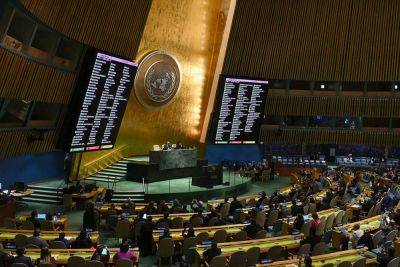1 of 5 people face high cost of health care
ABOUT 385 million people in the Western Pacific region are facing «catastrophic» spending on health care, the World Health Organization (WHO) said Monday.
A report titled «Progress towards universal health coverage: Monitoring financial protection in the Western Pacific region,» released by WHO on Monday, said that while access to essential health services like management of infectious diseases has increased over the past two decades, families in the Western Pacific region pay a high cost.
In 2000, one in 10 people in the region incurred out-of-pocket health care spending. And in 2017, this proportion had increased to one in five, according to the report.
Catastrophic health spending is defined as out-of-pocket (OOP) spending on health that exceeds 10 percent of the household budget.
«No person should have to choose between whether to seek life-saving care or feed their family. To achieve universal health coverage for all people in the region and reduce catastrophic health spending, it is critical that governments prioritize investments in health and implement effective policies to protect the poorest and most vulnerable,» said Dr. Zsuzsanna Jakab, WHO acting regional director for the Western Pacific.
Universal health coverage (UHC) means that all people have access to quality health services they need, when and where they need them, without financial hardship.
WHO said that all countries have committed to achieving UHC as part of the Sustainable Development Goals (SDG 3).
Based on the report, medicines are the biggest drivers of out-of-pocket health spending, among other factors.







